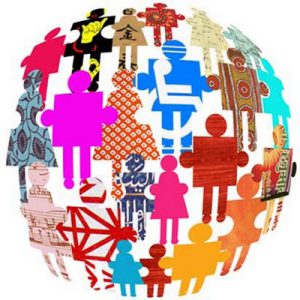Unity members draw on a range of life experiences, to enrich the education of social work and nursing students. Here, Unity member Malky reflects on what ‘dignity’ means to him.
When a doctor tells you that you have a mental illness, it takes a few days to come to terms with this information and you slip into your shell.
Facing people is very difficult – you just want to keep to yourself, afraid to tell anyone you have a mental illness, and your dignity has eroded so much that you feel as if you are totally alone, even in a room full of people.
A medical person I was speaking to some time after I had received this information, suggested that I might do very well at a place called Caledonia Clubhouse. So nothing ventured, I thought to myself, and I went along to see what it was all about. I was pleasantly surprised to find that the people there all had a mental illness of one kind or another – I was no longer alone, other people were in the same boat.
Over the time I was there, I was given a T.E.P. which was a cleaning job, not really much of a job you may say but it was enough to get me back into work and the pride in my achievements this gave me. Going home that first night after work the thought came to me that I’m going home on the bus with other people going home from their work and it certainly made me feel good.
As time passed and I got more jobs the better I felt and I must say my dignity started to come back because I was fighting my mental illness and it became easier all the time to face people.
Dignity is important to people with a mental illness.
